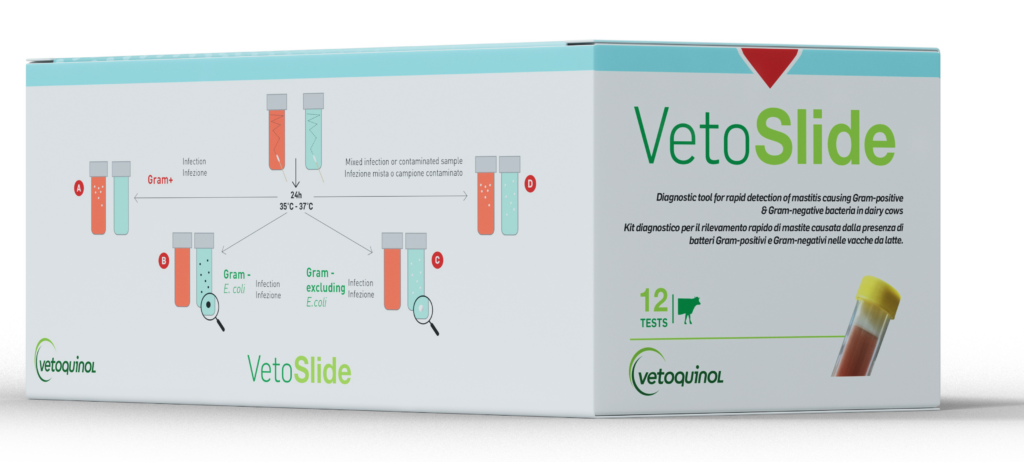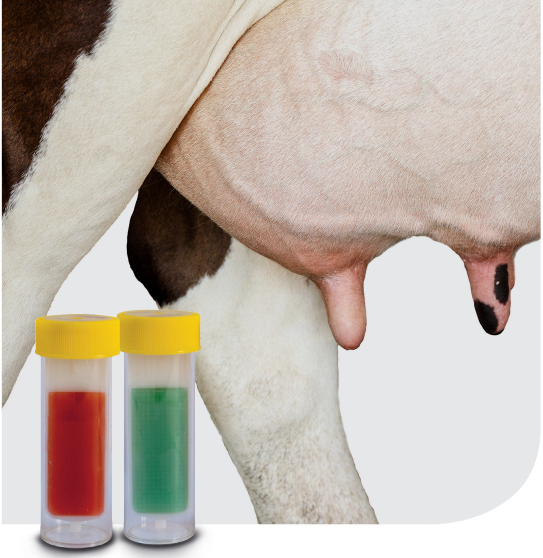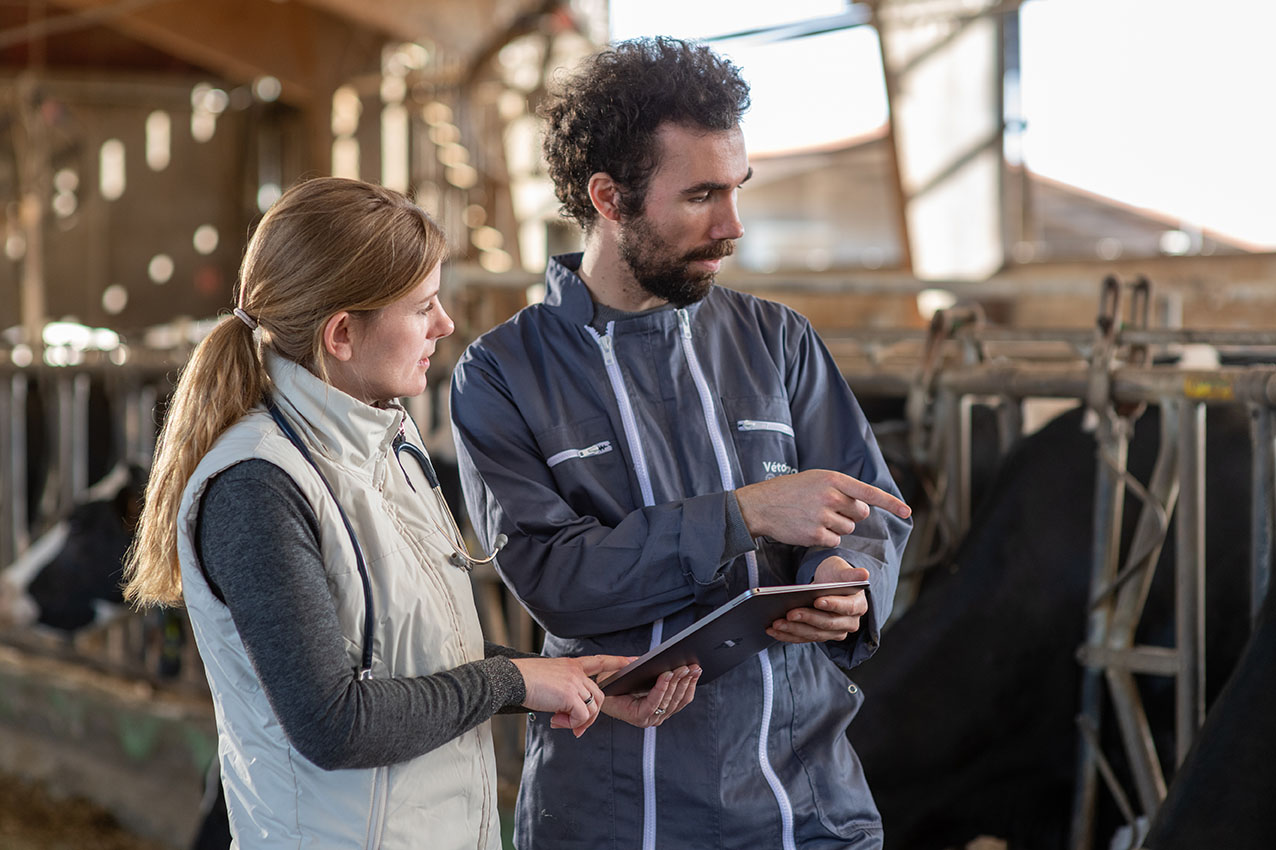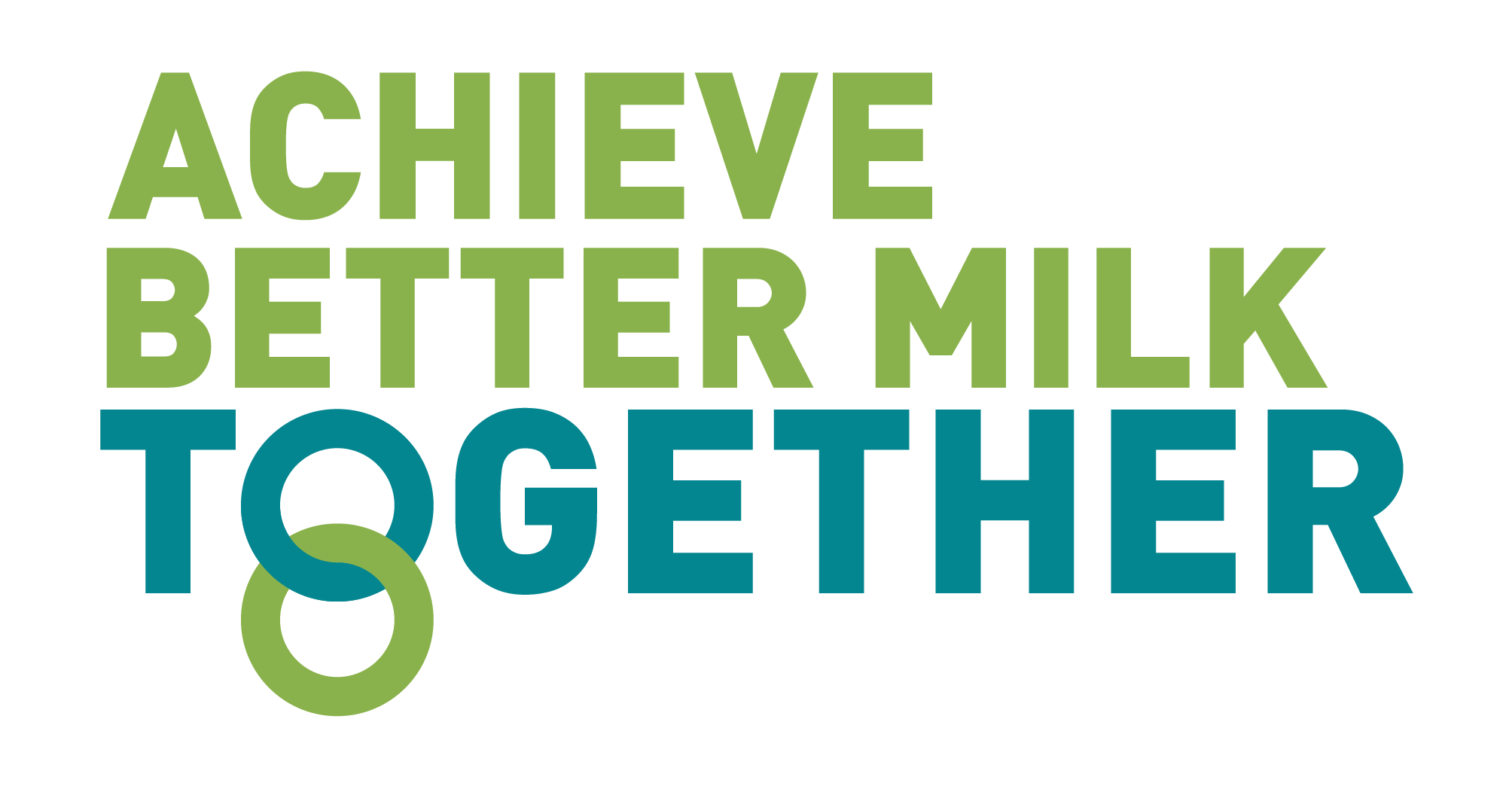Diagnostics
VetoSlide: A Diagnostic Tool For Clinical Mastitis
VetoSlide
VetoSlide is a dual slide culture for mild to moderate cases of mastitis.
It is a simple process; all it requires is a VetoSlide test kit and an incubator.
On diagnosing a case of mastitis, take a sterile milk sample from the affected quarter and inoculate each side of the plate by applying milk in a zig zag pattern using the cotton swab provided. The slides are then incubated for 24 hours.


The Benefits of VetoSlide
- Simple to use and interpret
- Enables easy identification of Gram-positive and Gram-negative bacteria
- Provides accurate results within 8-24 hours.
- Allows informed and targeted mastitis treatment
decisions on a case-by-case basis - Is conveniently stored at room temperature.
Why Use VetoSlide?
Mastitis caused by Gram-negative bacteria have a high self-cure rate and up to 30% of clinical mastitis samples do not grow on culture.
Evidence suggests, in mild to moderate cases, these cases infrequently benefit from antimicrobials.
In contrast, antibiotic treatment will significantly improve bacteriological cure rates when Gram-positive pathogens are responsible for the infection.

VetoSlide is reliable
Using vetoslide as a treatment decision tool can help reduce antimicrobial use
Interpreting VetoSlide
To Find Out More About VetoSlide
Download the brochure to find out how you can use VetoSlide as a treatment decision tool that can help reduce antimicrobial use, along with examples of different colony growth.

